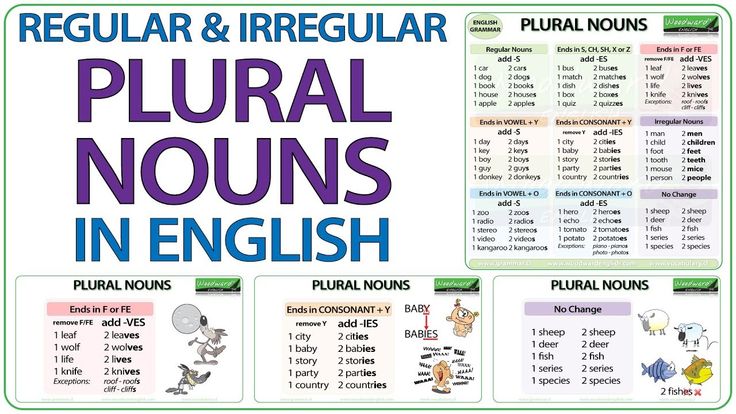vella – Wiktionary
See also: Vella and vëlla
Contents
- 1 Catalan
- 1.1 Pronunciation
- 1.2 Adjective
- 2 Galician
- 2.1 Pronunciation
- 2.2 Adjective
- 3 Icelandic
- 3.1 Pronunciation
- 3.2 Etymology 1
- 3.2.1 Noun
- 3.2.1.1 Declension
- 3.2.1 Noun
- 3.3 Etymology 2
- 3.3.1 Verb
- 3.3.1.1 Conjugation
- 3.3.1 Verb
- 3.4 Etymology 3
- 3.4.1 Verb
- 3.4.1.1 Conjugation
- 3.4.1 Verb
- 3.5 References
- 4 Italian
- 4.1 Verb
- 4.2 Anagrams
- 5 Norwegian Nynorsk
- 5.1 Alternative forms
- 5.2 Etymology
- 5.3 Pronunciation
- 5.4 Verb
- 5.5 References
- 6 Old Norse
- 6.1 Etymology 1
- 6.1.1 Noun
- 6.1.1.1 Declension
- 6.1.1.2 Descendants
- 6.
1.2 References
- 6.1.1 Noun
- 6.2 Etymology 2
- 6.2.1 Verb
- 6.2.1.1 Conjugation
- 6.2.1.2 Descendants
- 6.2.2 References
- 6.2.1 Verb
- 6.3 Etymology 3
- 6.3.1 Noun
- 6.1 Etymology 1
- 7 Phuthi
- 7.1 Verb
- 7.1.1 Inflection
- 7.1 Verb
- 8 Portuguese
- 8.1 Noun
- 9 Yola
- 9.1 Etymology
- 9.2 Adverb
- 9.3 References
Catalan[edit]
Pronunciation[edit]
- (Balearic) IPA(key): /ˈve.ʎə/
- (Central) IPA(key): /ˈbe.ʎə/
- (Valencian) IPA(key): /ˈve.ʎa/
Adjective[edit]
vella
- feminine singular of vell
Galician[edit]
Pronunciation[edit]
- IPA(key): /ˈbɛʎɐ/
Adjective[edit]
vella f sg
- feminine singular of vello
Icelandic[edit]
Pronunciation[edit]
- IPA(key): /ˈvɛtla/
- Rhymes: -ɛtla
Etymology 1[edit]
From Old Norse vella, from Proto-Germanic *wallijǭ, perhaps also partly from a *wellǭ.
Noun[edit]
vella f (genitive singular vellu, nominative plural vellur)
- boil, boiling, bubbling
- milk that has been boiled until it curdles and forms a reddish thick substance similar to whey cheese
- a stifling heat
- the sound made by a whimbrel
- chatter
- flattery
- weakling
- a small portion (e.g. of coffee)
- a minor sickness
- (regional) slob
Declension[edit]
declension of vella
| f-w1 | singular | plural | ||
|---|---|---|---|---|
| indefinite | definite | indefinite | definite | |
| nominative | vella | vellan | vellur | vellurnar |
| accusative | vellu | velluna | vellur | vellurnar |
| dative | vellu | vellunni | vellum | vellunum |
| genitive | vellu | vellunnar | vella/vellna | vellanna/vellnanna |
Etymology 2[edit]
From Old Norse vella, from Proto-Germanic *wellaną, *wallaną.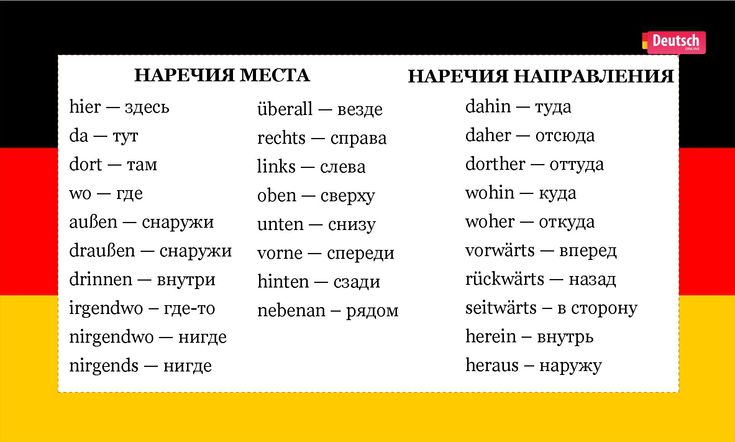
Verb[edit]
vella (strong verb, third-person singular past indicative vall, third-person plural past indicative ullu, supine ollið)
- to bubble, to boil, to simmer
- to flow, to well up, to stream
- (with preposition í) to be crawling with
- to chatter
- to make the sound characteristic of the whimbrel
Conjugation[edit]
vella — active voice (germynd)
| infinitive (nafnháttur) |
að vella | ||||
|---|---|---|---|---|---|
| supine (sagnbót) |
ollið | ||||
| present participle (lýsingarháttur nútíðar) |
vellandi | ||||
| indicative (framsöguháttur) |
subjunctive (viðtengingarháttur) |
||||
| present (nútíð) |
ég vell | við vellum | present (nútíð) |
ég velli | við vellum |
| þú vellur | þið vellið | þú vellir | þið vellið | ||
| hann, hún, það vellur | þeir, þær, þau vella | hann, hún, það velli | þeir, þær, þau velli | ||
| past (þátíð) |
ég vall | við ullum | past (þátíð) |
ég ylli | við yllum |
| þú vallst | þið ulluð | þú yllir | þið ylluð | ||
| hann, hún, það vall | þeir, þær, þau ullu | hann, hún, það ylli | þeir, þær, þau yllu | ||
| imperative (boðháttur) |
vell (þú) | vellið (þið) | |||
| Forms with appended personal pronoun | |||||
| velltu | velliði * | ||||
* Spoken form, usually not written; in writing, the unappended plural form (optionally followed by the full pronoun) is preferred.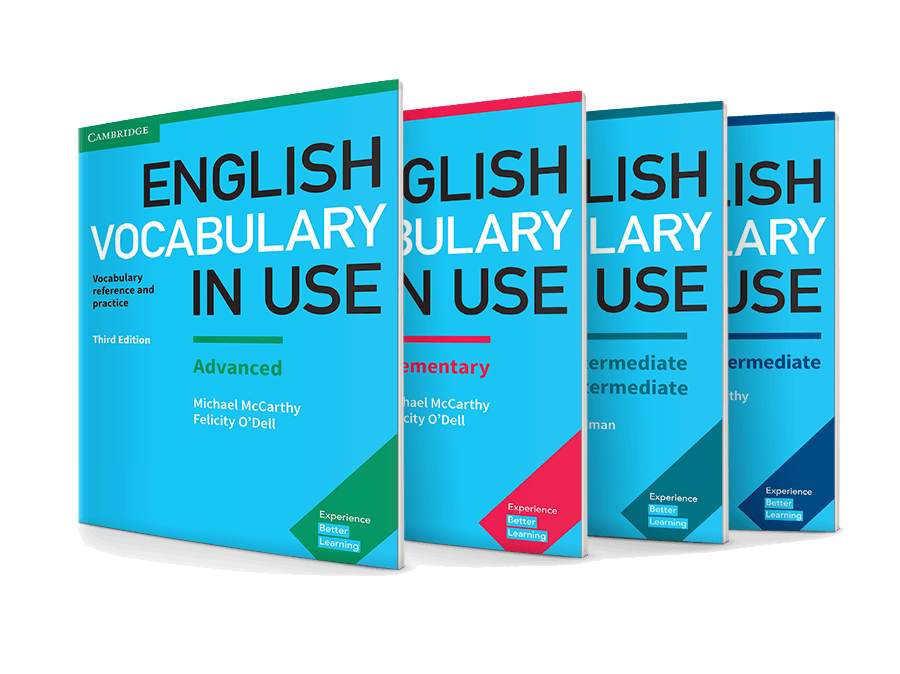
|
|||||
Etymology 3[edit]
From Old Norse vella, from Proto-Germanic *wallijaną.
Verb[edit]
vella (weak verb, third-person singular past indicative velldi, supine vellt)
- (transitive, with accusative) to boil, cause to simmer
- to make the sound characteristic of the whimbrel (also figuratively in vella graut, literally “boil porridge”)
Conjugation[edit]
vella — active voice (germynd)
| infinitive (nafnháttur) |
að vella | ||||
|---|---|---|---|---|---|
| supine (sagnbót) |
vellt | ||||
| present participle (lýsingarháttur nútíðar) |
vellandi | ||||
| indicative (framsöguháttur) |
subjunctive (viðtengingarháttur) |
||||
| present (nútíð) |
ég velli | við vellum | present (nútíð) |
ég velli | við vellum |
| þú vellir | þið vellið | þú vellir | þið vellið | ||
| hann, hún, það vellir | þeir, þær, þau vella | hann, hún, það velli | þeir, þær, þau velli | ||
| past (þátíð) |
ég velldi | við velldum | past (þátíð) |
ég velldi | við velldum |
| þú velldir | þið vellduð | þú velldir | þið vellduð | ||
| hann, hún, það velldi | þeir, þær, þau velldu | hann, hún, það velldi | þeir, þær, þau velldu | ||
| imperative (boðháttur) |
vell (þú) | vellið (þið) | |||
| Forms with appended personal pronoun | |||||
| velldu | velliði * | ||||
* Spoken form, usually not written; in writing, the unappended plural form (optionally followed by the full pronoun) is preferred.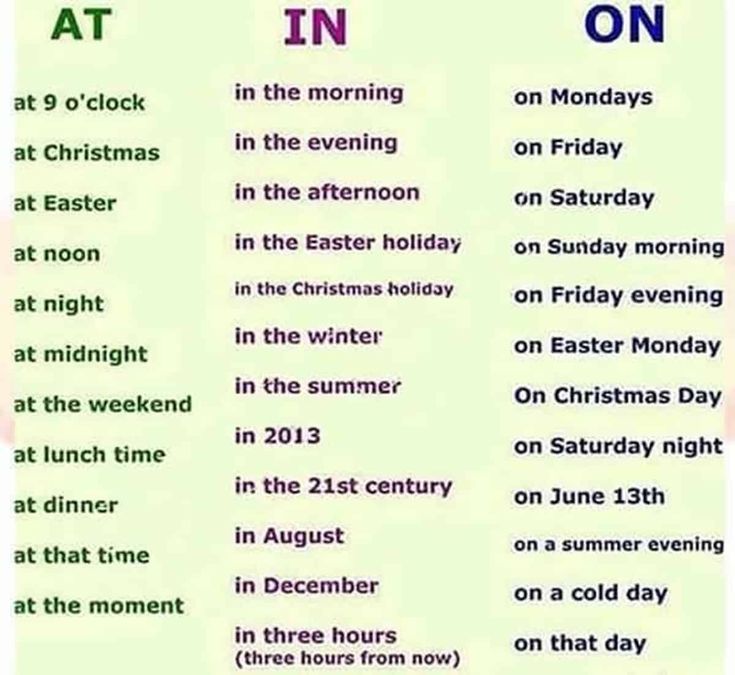
|
|||||
velldur — past participle (lýsingarháttur þátíðar)
| strong declension (sterk beyging) |
singular (eintala) | plural (fleirtala) | |||||
|---|---|---|---|---|---|---|---|
| masculine (karlkyn) |
feminine (kvenkyn) |
neuter (hvorugkyn) |
masculine (karlkyn) |
feminine (kvenkyn) |
neuter (hvorugkyn) |
||
| nominative (nefnifall) |
velldur | velld | vellt | velldir | velldar | velld | |
| accusative (þolfall) |
velldan | vellda | vellt | vellda | velldar | velld | |
| dative (þágufall) |
velldum | velldri | velldu | velldum | velldum | velldum | |
| genitive (eignarfall) |
vellds | velldrar | vellds | velldra | velldra | velldra | |
| weak declension (veik beyging) |
singular (eintala) | plural (fleirtala) | |||||
| masculine (karlkyn) |
feminine (kvenkyn) |
neuter (hvorugkyn) |
masculine (karlkyn) |
feminine (kvenkyn) |
neuter (hvorugkyn) |
||
| nominative (nefnifall) |
velldi | vellda | vellda | velldu | velldu | velldu | |
| accusative (þolfall) |
vellda | velldu | vellda | velldu | velldu | velldu | |
| dative (þágufall) |
vellda | velldu | vellda | velldu | velldu | velldu | |
| genitive (eignarfall) |
vellda | velldu | vellda | velldu | velldu | velldu | |
References[edit]
- Ásgeir Blöndal Magnússon — Íslensk orðsifjabók, (1989).
Reykjavík, Orðabók Háskólans. (Available on Málið.is under the “Eldra mál” tab.)
Italian[edit]
Verb[edit]
vella
- inflection of vellere:
- first/second/third-person singular present subjunctive
- third-person singular imperative
Anagrams[edit]
- valle
Norwegian Nynorsk[edit]
Alternative forms[edit]
- velle
Etymology[edit]
From Old Norse vella. Akin to English well.
Pronunciation[edit]
- IPA(key): /²ʋɛlːɑ/
Verb[edit]
vella (present tense vell, past tense vall, supine volle, past participle vollen, present participle vellande, imperative vell)
- to well, gush, flow (issue forth, as water from the earth)
References[edit]
- “vella” in The Nynorsk Dictionary.
Old Norse[edit]
Etymology 1[edit]
From Proto-Germanic *wallijǭ.
Noun[edit]
vella f
- boiling heat, ebullition
Declension[edit]
Declension of vella (weak ōn-stem)
| feminine | singular | plural | ||
|---|---|---|---|---|
| indefinite | definite | indefinite | definite | |
| nominative | vella | vellan | vellur | vellurnar |
| accusative | vellu | velluna | vellur | vellurnar |
| dative | vellu | vellunni | vellum | vellunum |
| genitive | vellu | vellunnar | vellna | vellnanna |
Descendants[edit]
- Icelandic: vella
References[edit]
- “vella”, in Geir T.
Zoëga (1910) A Concise Dictionary of Old Icelandic, Oxford: Clarendon Press
Etymology 2[edit]
From Proto-Germanic *wellaną, *wallaną (“to well up”).
Verb[edit]
vella (singular past indicative vall, plural past indicative ullu, past participle ollinn)
- (intransitive) to be in a state of ebullition, boil
- to well up, swarm
Conjugation[edit]
Conjugation of vella — active (strong class 3)
| infinitive | vella | |
|---|---|---|
| present participle | vellandi | |
| past participle | ollinn | |
| indicative | present | past |
| 1st-person singular | vell | vall |
| 2nd-person singular | vellr | vallt |
| 3rd-person singular | vellr | vall |
| 1st-person plural | vellum | ullum |
| 2nd-person plural | vellið | ulluð |
| 3rd-person plural | vella | ullu |
| subjunctive | present | past |
| 1st-person singular | vella | ylla |
| 2nd-person singular | vellir | yllir |
| 3rd-person singular | velli | ylli |
| 1st-person plural | vellim | yllim |
| 2nd-person plural | vellið | yllið |
| 3rd-person plural | velli | ylli |
| imperative | present | |
| 2nd-person singular | vell | |
| 1st-person plural | vellum | |
| 2nd-person plural | vellið | |
Conjugation of vella — mediopassive (strong class 3)
| infinitive | vellask | |
|---|---|---|
| present participle | vellandisk | |
| past participle | ollizk | |
| indicative | present | past |
| 1st-person singular | vellumk | ullumk |
| 2nd-person singular | vellsk | vallzk |
| 3rd-person singular | vellsk | vallsk |
| 1st-person plural | vellumsk | ullumsk |
| 2nd-person plural | vellizk | ulluzk |
| 3rd-person plural | vellask | ullusk |
| subjunctive | present | past |
| 1st-person singular | vellumk | yllumk |
| 2nd-person singular | vellisk | yllisk |
| 3rd-person singular | vellisk | yllisk |
| 1st-person plural | vellimsk | yllimsk |
| 2nd-person plural | vellizk | yllizk |
| 3rd-person plural | vellisk | yllisk |
| imperative | present | |
| 2nd-person singular | vellsk | |
| 1st-person plural | vellumsk | |
| 2nd-person plural | vellizk | |
Descendants[edit]
- Icelandic: vella
- Norwegian Nynorsk: vella, velle; (olle f)
- Norwegian Bokmål: velle; (olle m or f)
- Old Swedish: vælla
- Swedish: välla
- Danish: vælle
References[edit]
- “vella”, in Geir T.
Zoëga (1910) A Concise Dictionary of Old Icelandic, Oxford: Clarendon Press
Etymology 3[edit]
See the etymology of the corresponding lemma form.
Noun[edit]
vella
- genitive plural of vell
Verb[edit]
-vélla
- to go and check something, to take a look at, to keep an eyeon someone/something
Inflection[edit]
This verb needs an inflection-table template.
Portuguese[edit]
Noun[edit]
vella f (plural vellas)
- Obsolete spelling of vela
Etymology[edit]
From well.
Adverb[edit]
vella
- well
References[edit]
- Kathleen A. Browne (1927) The Journal of the Royal Society of Antiquaries of Ireland Sixth Series, Vol.
17 No.2, Royal Society of Antiquaries of Ireland, page 129
Andorra la Vella definition | Cambridge English Dictionary
What is the pronunciation of Andorra la Vella?
andesite
BETA
andesitic
BETA
andiron
Andorra
Andorra la Vella
Andorran
andouille
andouillette
andragogy
Test your vocabulary with our fun image quizzes
- {{randomImageQuizHook.
copyright1}}
- {{randomImageQuizHook.copyright2}}
Image credits
Try a quiz now
Word of the Day
tribe
UK
Your browser doesn’t support HTML5 audio
/traɪb/
US
Your browser doesn’t support HTML5 audio
/traɪb/
a group of people, often of related families, who live together, sharing the same language, culture, and history, especially those who do not live in towns or cities
About this
Blog
There’s bigger fish to fry: talking about things that are not important
Read More
New Words
virovore
More new words
has been added to list
To top
Contents
English
rules of use, exceptions, examples of sentences ‹ Ingleks
The article described in detail the rules for the transmission of indirect speech in English.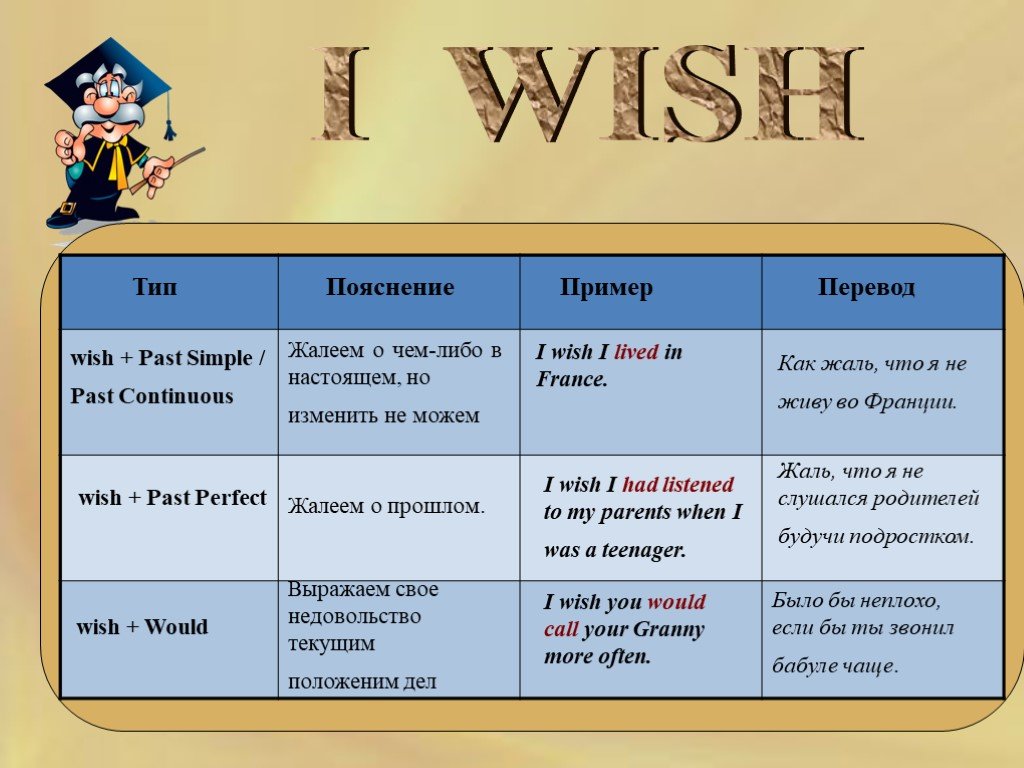
Contents:
- 1. Rules for the use of indirect speech
- 2. Modal verbs in indirect speech
- 3. Statements in indirect speech
- 4. Questions in indirect speech
- 5. Exclamations in indirect speech
- 6. Orders, requests, advice and suggestions in indirect speech
Direct speech (Direct Speech) is a way in which the statement of another person is transmitted word for word, while indirect (Reported Speech) is a retelling of other people’s words, in which a change in the style of presentation and replacement of words is allowed. Indirect speech is an extensive grammatical topic that covers such sections as the rules for coordinating tenses, the use of modal verbs, the construction of indirect questions, etc. In this article, we will tell you how to correctly build affirmative, negative, and also interrogative sentences in indirect speech.
Rules for the use of indirect speech
- Direct speech is always enclosed in quotation marks, while indirect speech in English is not marked with quotation marks.
Direct speech:
Ben said, “I am ready to join you.” Ben said, “I’m ready to join you.”
Indirect Speech:
Ben said (that) he was ready to join us. Ben said he was ready to join us.
- If the speaker conveys other people’s words, the personal pronouns I, we change to the pronouns he, she, they, and the pronoun you, depending on the context, can change to I, we or he, she, they.
Melissa said, “ I was glad to see my friends.” Melissa said, “ I was glad to see my friends.”
Melissa said (that) she was glad to see her friends. Melissa said that she was glad to see her friends.Melissa said, “ We were glad to meet new friends.” Melissa said, “ We were delighted to meet new friends.”
Melissa said (that) they were glad to meet new friends. Melissa said they were happy to meet new friends. - If the verb in the main clause is in the past tense (said, told), then when transforming direct speech into indirect speech, demonstrative pronouns and adverbs are replaced.
this → that
these → those
now → then, at that moment
today → that day
ago → before
a year ago → a year before
last night → the previous night
yesterday → the day before , the previous day
the day before yesterday → two days before
tomorrow → the next day, the following day
the day after tomorrow → two days latertwo months.” He said, “We have been here for two months now.”
He said (that) they had been there for two months. — He said that they are there for two months.Bella said, “I saw them yesterday .” – Bella said: “I saw them yesterday .”
Bella said (that) she had seen them the day before . – Bella said she saw them on the eve of .Mario said, “I am going to do it tomorrow .” – Mario said “I’m going to do it tomorrow “.
Mario said (that) he was going to do it the next day . — Mario said he was going to do it tomorrow / the next day . - When switching from direct to indirect speech, it is necessary to follow the rules for coordinating tenses.
Indirect speech in English Transition from one tense to another Example friends online.” Emma said, “I rarely chat with my friends online.” → Emma said (that) she seldom chatted with friends online. Emma said that rarely talks to friends online.
Present Continuous → Past Continuous Emma said, “I am chatting with my friends now.” Emma said: “I’m now chatting with my friends.” → Emma said (that) she was chatting with her friends. — Emma said that she chats with her friends. Present Perfect → Past Perfect Emma said, “I have just sent a text message to my friends.” Emma said, “I just sent a text message to my friends.” → Emma said (that) she had just sent a text message to her friends. Emma said that just sent a text message to her friends. Present Perfect Continuous → Past Perfect Continuous Emma said, “We have been chatting for two hours. ” Emma said, “We talked to for two hours.”
→ Emma said (that) they had been chatting for two hours. Emma said that they talked to for two hours. Past Simple → Past Perfect Emma said, “I sent a letter to my American friend last night.” Emma said, “Last night I sent a letter to my American friend.” → Emma said (that) she had sent a letter to her American friend the previous night. Emma said that last night she sent a letter to her American friend. Past Continuous → Past Perfect Continuous Emma said, “I was writing a letter at 5 p.m.” Emma said, “I was writing a letter to at 5 p.m. .” → Emma said (that) she had been writing a letter at 5 p. m. Emma said that she was writing a letter to at 5 pm.
Past Perfect → Past Perfect Emma said, “I had sent a couple of text messages to my friends by 6 o’clock.” – Emma said, “I sent a couple of text messages to my friends by 6 o’clock.” → Emma said (that) she had sent a couple of text messages to her friends by 6 o’clock. — Emma said she was sent a couple of text messages to her friends by 6 o’clock. Past Perfect Continuous → Past Perfect Continuous Emma said, “We had been chatting for an hour by 6 o’clock.” Emma said, “By 6 o’clock, we had been talking for an hour.” → Emma said (that) they had been chatting for an hour by 6 o’clock. Emma said that by 6 o’clock they had been talking for an hour.
Will → would Emma said, “We will continue chatting tomorrow.” Emma said, “We will continue to communicate with tomorrow.” → Emma said (that) they would continue chatting the next day. Emma said that they will continue to communicate with the next day. Emma said, “We will be chatting at 5 p.m.” Emma said, “We will be talking to at 5 pm.” → Emma said (that) they would be chatting at 5 p.m. Emma said that they would be talking to at 5 pm. Emma said, “I will have written three letters by 5 p.m.” Emma said: “I will write three letters to by 5 pm. ”
→ Emma said (that) she would have written three letters by 5 p.m. Emma said that she would write three letters to by 5 pm. Emma said, “We will have been chatting for two hours by 5 p.m.” Emma said, “By 5 pm, we will have been talking to for two hours.” → Emma said (that) they would have been chatting for two hours by 5 p.m. Emma said that by 5 pm they would have been talking to for two hours. Despite the strict rules for matching tenses, there are a number of exceptions:
- Past Simple does not change when it comes after temporary conjunctions, for example: when, as, while, before, after, since, etc.
She said, “I have been watching a movie since I came .
” She said, “I have been watching the movie since I arrived.”
She said that she had been watching a movie since she came . She said that she had been watching the film since she arrived. - When talking about a well-known fact, there is no need to change the tense of the verb if the predicate in the main clause is in the past tense.
Mark said , “Tokyo is bigger than Moscow.” – Mark said: “Tokyo is bigger than Moscow.”
Mark said that Tokyo is / was bigger than Moscow. Mark said that Tokyo is bigger than Moscow.Tokyo is actually larger than Moscow, so the verb to be can be left in the same form in which it was in direct speech.
- When converting sentences with the subjunctive into indirect speech, the form of the verb usually remains unchanged.
She should be discharged if she were seen going out with her student.
She should have been fired if anyone saw that she was dating her student.
He said that she should be discharged if she were seen going out with her student. – He said that she should have been fired if anyone saw that she was dating her student.
- Past Simple does not change when it comes after temporary conjunctions, for example: when, as, while, before, after, since, etc.
Modal verbs in indirect speech
Having analyzed the topic of tense coordination in indirect speech, it will not be difficult for you to retell other people’s words using modal verbs. Let’s look at which modal verbs in indirect speech require replacement and which do not:
- The modal verb must (should), as a rule, remains unchanged in indirect speech if it expresses advice, an order or an assumption with a high degree of certainty.
The teacher said to him, “You must be more attentive.” – The teacher told him: “You should be more careful .” (advice)
The teacher told him he must be more attentive.— The teacher told him that he should be more careful.
She said, “You must be very confident if you are going to take the exam without any preparation.” She said, “You, must be , are very confident if you’re going to take the exam without any preparation.” (guess)
She said he must be very confident if he was going to take the exam without any preparation. She said that he, must be , is very confident if he is going to take the exam without any preparation. - Must is usually replaced by had to if it expresses a necessity arising from circumstances.
He said, “I must be in the office at 6 o’clock every morning.” – He said: “I have to be at the office every morning at 6 o’clock .”
He said that he had to be in the office at 6 o’clock every morning. He said that should be at the office every morning at 6 o’clock. - Must is replaced by was to if it expresses an agreement or an order.
Ben said, “I must call my friend at three o’clock.” – Ben said “I’m must call his friend at three o’clock.”
Ben said he was to call his friend at three o’clock. Ben said that should call his friend at three o’clock. - The verb may is replaced with might, and can with could.
The teacher said to the class, “Now you may open your copybooks.” The teacher said to the class: “Now you can open your notebooks.”
The teacher told the class that they might open their copybooks. — The teacher told the class that they are can open their notebooks.John said, “I can help you with your homework.” John said, “I can help you with your homework.”
John said that he could help me with my homework.John said that could help with my homework.
- The modal verbs might, could, would, should and ought to remain unchanged in indirect speech.
Mario said, “You ought to tell me the truth whatever it is.” – Mario said: “You needs to tell me the truth, whatever it may be.”
Mario said that she ought to tell him the truth, whatever it was. — Mario said that she must tell him the truth, whatever it may be.
Statements in indirect speech
Verbs such as to say and to tell are most often used to convey statements and statements in indirect speech. Their main difference is in their use: after the verb to say, the preposition to (to say to smbd) is used or nothing is put at all, while the verb to tell must be followed by an object (to tell smbd).
Susan said to us, “I have gotten a good job offer.” Susan told us, “I got a good job offer.”
Susan said that she had got a good job offer.
Susan told us that she had got a good job offer. — Susan told us that she had a good job offer.
Other verbs can also be used in indirect speech, the choice of which will depend on the nature of the utterance. We give examples with the most common of them in the table below.
| Direct Speech | Indirect Speech | ||
|---|---|---|---|
| Donna said to me, “I hope you haven’t forgotten that there will be a conference.” – Donna told to me, “I hope you haven’t forgotten there will be a conference.” | Donna reminded me that there would be a conference. Donna reminded that there will be a conference. |
||
| She said , “Chinese is difficult to learn.” — She said to , “Chinese is hard to learn.” | She remarked that Chinese was difficult to learn. She marked that Chinese is difficult to learn. | ||
| My father said , “I did tell her the truth.” – My father said: “I really told the truth to her.” | My father admitted that he had told her the truth. – ‘s father confessed to that he told her the truth. | ||
| My colleague said , “I’ve never taken your folder.” — My colleague said to : “I never took your folder.” | My colleague denied that he had taken my folder. — My colleague denied to that he took my file. | ||
Billy said to her, “I will certainly join you at the party.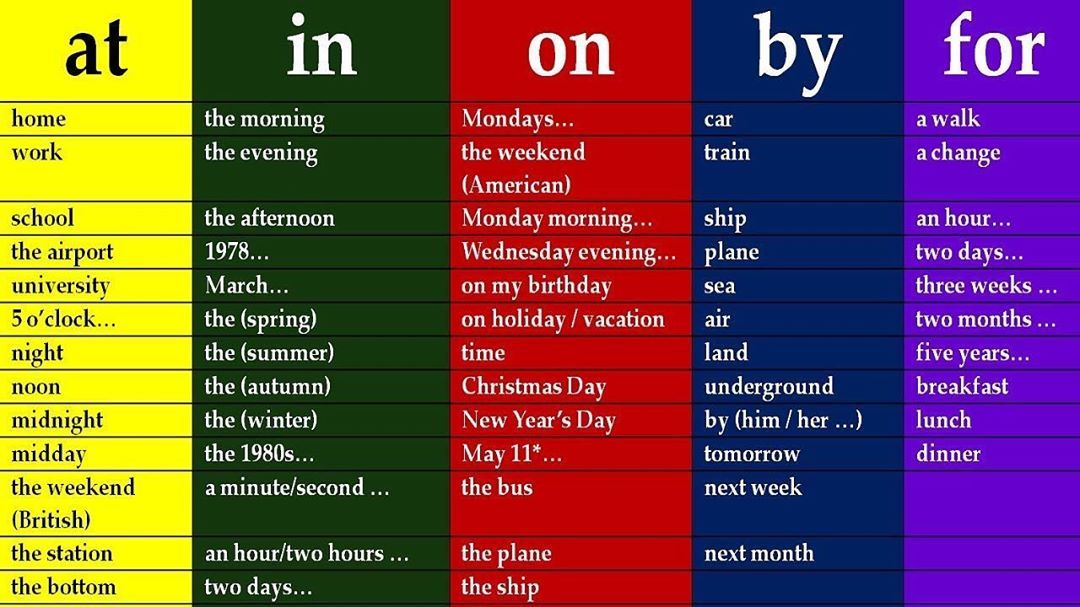 ” – Billy told to her: “I will definitely join you at the party.” ” – Billy told to her: “I will definitely join you at the party.” |
Billy assured her that he would join her at the party. — Billy assured that he would join her at the party. | ||
| Matt said , “I’ve never seen this movie before.” – Matt told “I’ve never seen this movie before.” | Matt declared (that) he had never seen that movie before. Matt stated to that he had never seen this film before. | ||
| Matt said , “I never expected she would do such a terrible thing!” Matt said : “I never expected her to do such a terrible thing!” | Matt exclaimed he had never expected she would do such a terrible thing. Matt exclaimed to that he never expected her to do such a terrible thing.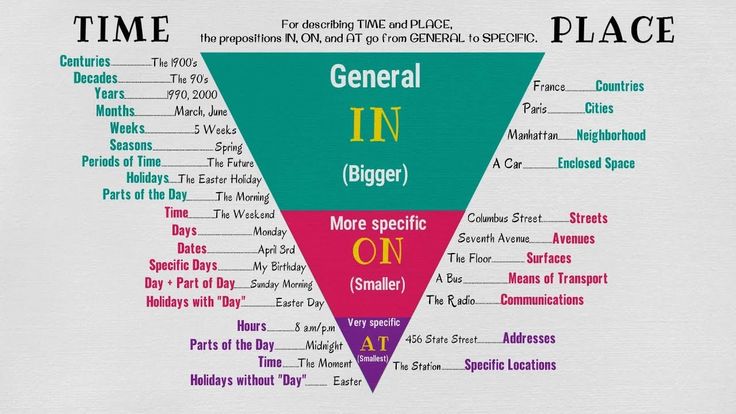 |
||
| They said , “We are getting married!” – They told : “We are getting married!” | They announced that they were getting married. They announced to that they are going to get married. | ||
| My boss said to me, “You will have to go on a business trip.” — My boss told to me: “You will have to go on a business trip.” | My boss informed me that I would have to go on a business trip. — The head of informed that I would have to go on a business trip. | ||
Questions in indirect speech
The word order in the indirect question is the same as in the affirmative sentence. A direct general question implies a “yes” or “no” answer, so words such as if and whether are used in an indirect question, which are translated into Russian as “whether”.
I asked my friend, “Have you finished reading my book?” I asked my friend: “Did you finish my book?”
I asked my friend if she had finished reading my book. — I asked my friend if she had finished reading my book.
She asked me, “Do you know him?” She asked me: “Do you know him?”
She asked me whether I knew him. — She asked if I knew him.
If a question in direct speech begins with an interrogative word (where, what, when, etc.), then an indirect question should also begin with an interrogative word, without using the auxiliary verbs do / does, did and keeping the direct word order.
He asked me, “Where do you live?” – He asked me: “Where do you live?”
He asked me where I lived. He asked where I live.
Maria asked her teacher, “When should I hand in my research paper?” Maria asked her teacher: “When should I hand in my research paper?”
Maria asked her teacher when she should hand in her research paper.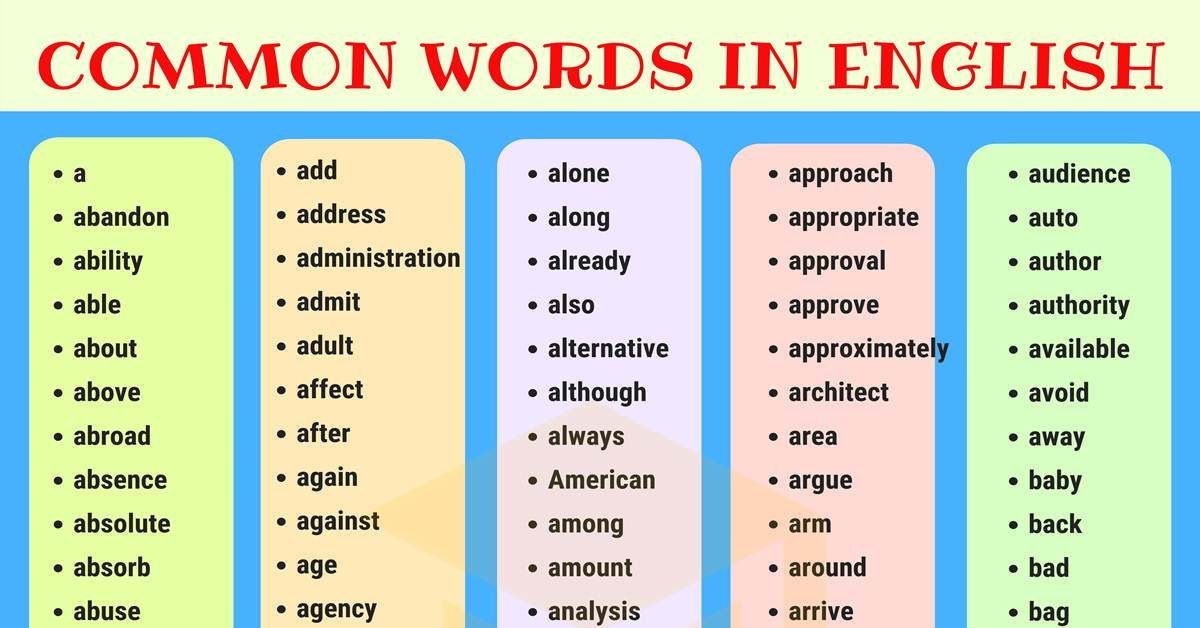
The verb to ask can be replaced with synonyms: to question (to ask questions), to inquire (to ask, inquire), to enquire (to ask, inquire), to demand (to ask).
Exclamations in indirect speech
When we convert exclamations into indirect speech, it is not the verb, but the circumstances of the mode of action show us the nature of a certain statement: joy, surprise, sadness, etc. Let’s give some examples of sentences with different circumstances of the mode of action.
| Direct speech | Indirect speech | ||
|---|---|---|---|
| Tom said , “How pleasant! Sarah is going to join us!” — Volume said: “How nice! Sarah is going to join us!” | Tom cried joyfully that Sarah was going to join them. Tom gleefully exclaimed to that Sarah was going to join them. Tom gleefully exclaimed to that Sarah was going to join them. |
||
| Kelly said , “I’m so sorry, but Mary is leaving us!” – Kelly said to : “I’m sorry, but Mary is leaving us!” | Kelly said sadly that Mary was leaving them. — Kelly sadly said that Mary is leaving them. | ||
| He said , “I’m sure that we’ll never have such fun again!” – He told “I’m sure we’ll never have this much fun again!” | He said regretfully he was sure that they would never have such fun again. He regretfully told that he was sure they would never have this much fun again. | ||
| Molly said , “I’m sure you’ll forget me as soon as you leave!” — Molly said to “I’m sure you’ll forget me as soon as you leave!” | Molly said with bitterness that she was sure he would forget her as soon as he left.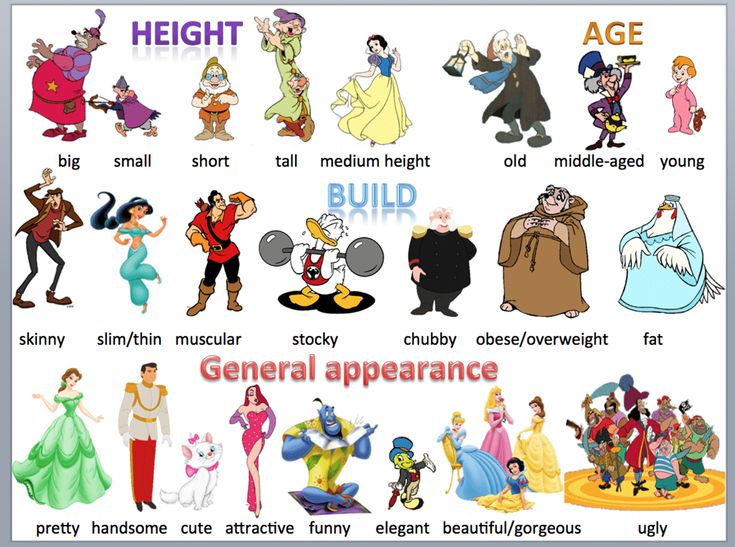 — Molly bitterly told that she was sure he would forget her as soon as he left. — Molly bitterly told that she was sure he would forget her as soon as he left. |
||
| He said to me, “You are lying to me!” – He told to me: “You lie to me!” | He cried indignantly that I was lying to him. – He shouted indignantly that I’m lying to him. | ||
| Donna said to him, “Have you really read all these novels?!” Donna told to him, “Have you really read all those novels?!” | Donna asked him in surprise if he had really read all those novels. Donna asked in surprise if he had really read all those novels. | ||
| Mike said to her, “Please, forgive me for having lied to you!” Mike told to her, “Please forgive me for lying to you!” | Mike begged his forgiveness for having lied to her. Mike apologized to for lying to her. Mike apologized to for lying to her. |
||
The style of direct and indirect speech differs significantly: direct speech is considered more emotional than indirect speech. When moving from direct to indirect speech, it is sometimes necessary to add conjunctions so that you can express the causal relationships between the events that are described in the sentence.
Mike said, “I’m sick and tired! I’ve been working for them for ten years!” Mike said, “I’m fed up! I’ve been working for them for ten years!”
Mike said (that) he was sick and tired as he had been working for them for ten years. Mike said he was fed up with since has been working for them for ten years.
If some phrases or words are repeated in direct speech, they are often omitted in indirect speech.
Sarah said, “It’s so sweet of you to give me this present, so sweet of you indeed!” – Sarah said: “ How nice of you to give me this gift, so nice of you !”
Sarah said that it was so sweet of me to give her that present.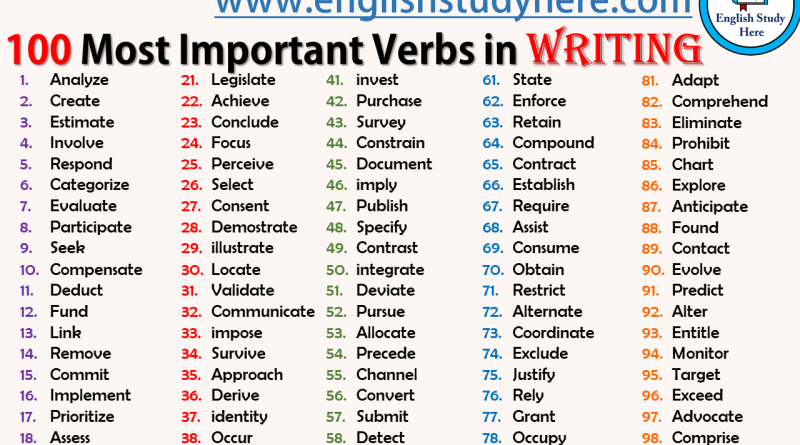
It is better to replace interjections with appropriate circumstances.
Donna said, “ Alas! I’ll never see him again!” – Donna said: “ Alas! I will never see him again!”
Donna exclaimed in despair that she would never see him again. Donna exclaimed in despair that she would never see him again.
Orders, requests, advice and suggestions in indirect speech
Now you know how to transform affirmative, interrogative and exclamatory sentences into indirect speech. However, if you are faced with a categorical order, friendly advice or request, a tempting offer or sincere gratitude, before retelling them to someone, it is worth considering some nuances. Let’s look at each individually:
- Orders and requests
An order or request in indirect speech is always expressed in the infinitive.
My mom said to me, “ Switch on the light.
” – My mother told me: “ Turn on the light .”
My mom told me to switch on the light. — Mom told me to turn on the light .In addition, when converting an order or request into indirect speech, the verb to say can be replaced with synonyms to urge (call) or to beg (beg).
The father said to his daughter, “Do take care of your little brother.” ‘s father said to ‘s daughter, “Take care of your little brother.”
The father urged his daughter to take care of her little brother. ‘s father called ‘s daughter to take care of her younger brother.In a negative sentence expressing an order or request, the particle not is placed before the verb in the infinitive.
She said to me, “ Don’t open the door.” — She told me: “ Don’t open the door.”
She told me not to open the door.— She told me not to open the door.
The child said to his mom, “ Don’t take me to the museum!” – The child said to his mother: “ Don’t take me to the museum !”
The child begged his mom not to take him to the museum. — The child begged mother not to take to the museum. - Offers
When converting sentences into indirect speech, we use the verb to offer (offer) and to suggest (offer).
The man said to her, “Shall I bring you a glass of water?” — Man told to her: “Get you a glass of water?”
The man offered to bring her a glass of water. — Man offered to bring her a glass of water.She said to him, “What about going there together?” – She told to him, “How about we go there together?”
She suggested that they should go there together.— She invited to go there together.
- Advice
Advice is converted to indirect speech using the verb to advise.
Bella said to him, “You’d better take a cab or, or you may be late for the meeting.” – Bella told to him: “You’d better get a taxi, you might be late for the meeting.”
Bella advised him to take a cab, as otherwise he might be late for the meeting. — Bella advised to take a taxi, otherwise he might be late for the meeting. - Apologies
You can convey an apology in English using the verb to apologize (to apologize) and the expression to beg one’s pardon (to ask for forgiveness).
She said to the teacher, “I’m sorry for being late.” – She told the teacher: “Sorry I’m late!”
She apologized to the teacher for being late. She apologized to the teacher for being late.Mary said to him, “Beg your pardon, I’ve left your encyclopedia at home.” — Mary told to him, “I’m sorry, I left your encyclopedia at home.”
Mary begged his pardon for having left his encyclopedia at home. — Mary asked his forgiveness for leaving his encyclopedia at home. - Gratitude
You can convey gratitude with the help of the verb to thank (thank) and the expression to express your gratitude (express your gratitude).
Tom said to them, “Thank you for helping me out!” — Volume told to them, “Thank you for helping me.”
Tom thanked them for helping him out. – Tom thanked for their help.Elon said to me, “Thank you for coming!” – Elon told to me: “Thank you for coming.”
Elon expressed his gratitude to me for coming. Elon expressed his gratitude to for coming.
Do you want to learn how to speak English correctly? Then sign up for a practical grammar course.
We hope that the given examples of sentences will help you deal with all previously incomprehensible moments. To consolidate the material, you can take a short test on indirect speech.
Test on the topic “Indirect speech”
© 2023 englex.ru, copying of materials is possible only with a direct active link to the source.
Secondary members of a sentence in English and word order – YES knowledge base
-
home
-
Information
-
Materials for learning English
org/ListItem”>
-
Minor members of a sentence in English and word order
Grammar
language
Materials for learning EnglishSection
AlphabetPhoneticsGrammarProverbs and sayingsAphorismsVideo lessonsBooksHow to start learning EnglishOnline lessonsJokesAbout online learningInteractive lessons
language
- Materials for learning English
Section
- Alphabet
- Phonetics
- Grammar
- Proverbs and sayings
- Aphorisms
- Video lessons
- Books
- How to start learning English
- Lessons online
- jokes
- About online learning
- Interactive lessons
If in Russian the meaning does not change from the rearrangement of the members of the sentence, then in English there is a clear word order.
To understand how sentences are formed in English, it is necessary to get a general idea of the members of the sentence, which, as in Russian, are divided into main and secondary.
The main members of the sentence
The subject is the person or thing that directly performs the action. This is the subject about which the sentence says something. The subject answers the questions: Who? What?
The subject in most cases comes first in the sentence and is expressed by a pronoun (I – I, you – you, they – they, something – something, somebody – someone, nobody – nobody, etc.) or a noun in singular or plural.
The predicate is another main member of the sentence, which denotes the action performed by the subject and shows at what time this action happened, is happening or will happen.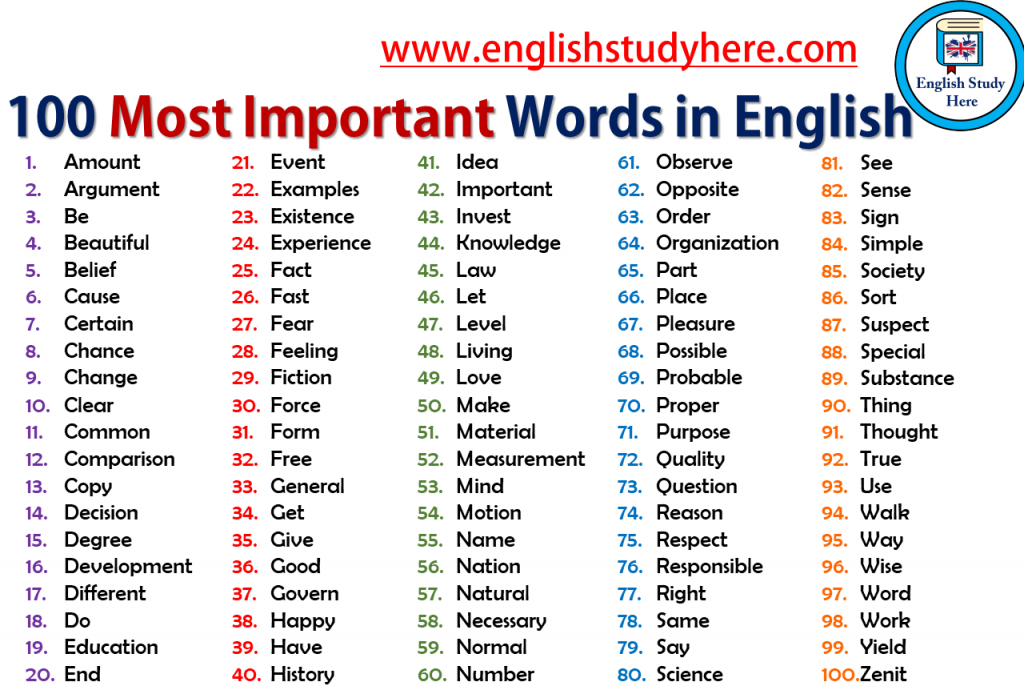
The subject is not always in the first place, and other words can also appear between the subject and the predicate.
Secondary members of the sentence
Secondary members (subordinate parts of the sentence) add additional meaning to the sentence, clarify and expand the information that the subject, predicate and other members of the sentence carry. The secondary members of the sentence are the addition (Object), the definition (Attribute) and the circumstance (Adverbial Modifier).
A sentence consisting only of a subject and a verb is called non-existent:
- The helicopter landed.
— The helicopter has landed.
- The children have grown up. – The children have grown up.
A common sentence consists of a grammatical basis and secondary members (additions, circumstances, definitions):
- The helicopter landed safely. — The helicopter landed safely.
- The children have grown up quickly. — The children grew up quickly.
English definition
Attribute is a minor member of a sentence that evaluates nouns, pronouns, and other parts of speech in the sentence that act as the subject. As a rule, the definition in a sentence depends on the subject, object, and also the nominal part of the predicate.
The definition answers the questions “what?”/”whose?” and is located next to the subject or object, describing its properties. A definition in English can be expressed by almost any part of speech (adjective, numeral, participle, etc.). A definition can appear both before the subject and before the object:
- I see a big truck next to the house.
— I see (what?) a big truck near the house.
- This little turtle is so cute! This (what?) little turtle is so cute!
A definition in a sentence can be either before or after the keyword it depends on:
- My teacher will come soon. “My teacher will be here soon.
- The letter from Jennifer surprised him. The letter from Jennifer surprised him.
A definition in a sentence can be expressed by an adjective, pronoun or participle, as well as participial phrases:
- Jennifer was the most beautiful girl in our class. Jennifer was the prettiest girl in our class.
- My friend can swim. — My friend can swim.
The definition can also be expressed as an ordinal or cardinal number:
- The second part of the film will be released in the fall. The second part of the film will be released in autumn.
A definition in English can even be expressed as a noun. When translated into Russian, such definitions often take the form of an adjective:
- Mark was a village teacher.
Mark was a village teacher.
Possessive nouns can also act as definitions. Such a definition in English can be both before the word being defined and after it:
- Jennifer’s brother works as a woodcutter. Jennifer’s brother works as a lumberjack.
In rare cases, adverbs can also be defined in English if they depend on a noun:
- The room below was spacious. The room downstairs was spacious.
There is another type of definition in English – the so-called prepositional phrases (prepositional phrases). They are combinations of a noun and a preposition:
- We talked with the director of the museum. — We talked with the director of the museum.
The difficulty in identifying such a definition is that it is easy to confuse it with an indirect object. It must be remembered that the definition always depends on the nominal parts of speech (noun, pronoun, numeral). As for additions, they most often relate to the predicate.
Addition
Addition (Object) – a minor member of the sentence, denoting the object or person over which the action expressed by the predicate is performed:
- Let’s eat cake. Let’s eat cake. The word “cake” in this sentence is an addition.
The object comes after the predicate and answers any case question (except for the nominative). The complement can be direct (answers the questions of the accusative case – whom? what?) Or indirect (answers all other case questions). If two types of addition are used at once in one sentence, the direct one goes first, and then the indirect one:
- Mark bought some flowers for Bella. Mark bought (what?) flowers (for whom/to whom?) for Bella.
An object in English can be expressed by a noun, pronoun, gerund, verb infinitive or adjective and participle used as nouns.
Direct object (Direct Object) expresses an object or person over which some action is performed, described by the predicate.
- They are learning Chinese. They are learning Chinese.
Indirect Object usually expresses the animate object for which the action is performed. Indirect refers to the person to whom the action is directed and / or in whose interests it is performed. Such an object can be used with or without prepositions:
- She passed Mark a slice of pizza. She handed Mark a slice of pizza.
Usually two objects (direct and indirect) are for verbs that fit the “do something to someone” scheme, for example:
- He showed them his car. He showed them his car.
Another type of addition in the English language is The Cognate Object (“related” addition). As a rule, it is used with intransitive verbs but without prepositions, and is also the same root word with the verb on which it depends, or similar in meaning to it.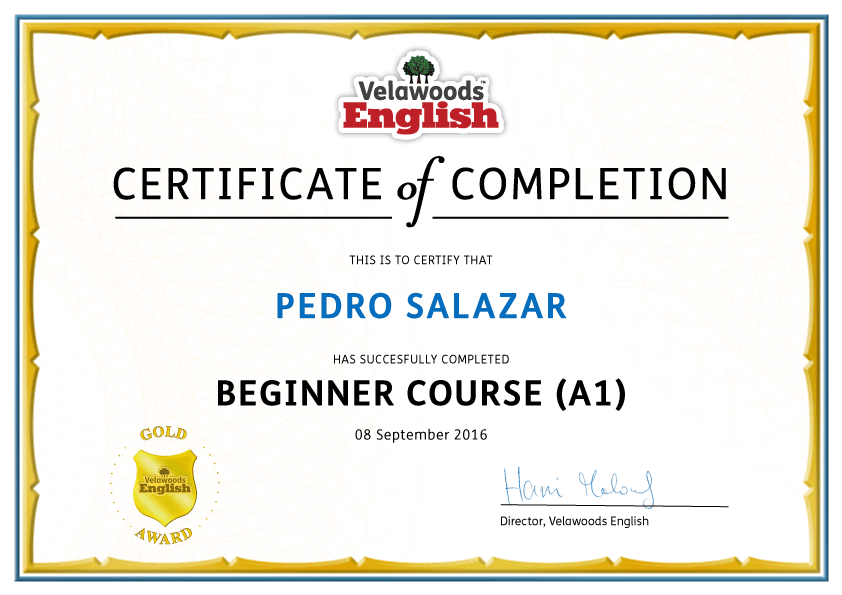
Bella looked at Mark and smiled a sad smile. Bella looked at Mark and smiled sadly.
Circumstance
Circumstance (Adverbial Modifier) - a minor member of the sentence that complements the verb, adjective or adverb, that is, depends on the predicate part of the sentence. Circumstance specifies how, when and where an action or process is performed.
The circumstance can be placed at the beginning or at the end of the sentence. This part of speech indicates the place, reason, time, mode of action, etc., and answers the questions: “where? when? how? why?” The circumstance can be expressed by an adverb: yesterday (yesterday), quietly (quietly) or a noun with a preposition (in Kazakhstan – in Kazakhstan, behind the wall – behind the wall):
- Her school is set in the countryside. Her school is (where?) in the countryside.
- Yesterday I saw her with Bella. — (When?) Yesterday I saw her with Bella.
Depending on what particular features of the action characterize the circumstances, they are divided into several large groups: the circumstances of the place, time, causes, goals, etc.
If there are several circumstances in the proposal, then they should be used in the following order:
- Subject + Predicate + Circumstance (how?) + Circumstance (where?) + Circumstance (when?)
To emphasize when or where something happened, the circumstance of place or time can be placed at the beginning of the sentence:
- Last week I got a call from Tinkoff Bank. — Last week I got a call from Tinkoff Bank.
- We’ll go to the movies tomorrow. We will go to the cinema tomorrow.
- We rarely go to the circus. We rarely go to the circus.
- You can buy these lemonade everywhere in this city. You can buy this lemonade everywhere in this city.
- Mark always wears shoes casually. Mark always wears shoes casually.
- I’ve almost finished working on the painting. — I have almost finished the painting.
- We won’t go to the village because of the rain. We will not go to the village because of the rain.
- He fought like a true warrior. He fought like a real warrior.
- We came to win the cup. We have come to win the cup.
- Despite the heavy rain, we went to the store. Despite the heavy rain, we went to the store.
- Mark are not so mean as to say anything like that. Mark isn’t mean enough to say something like that.
- We will clean the whole house if necessary. — If necessary, we will clean the whole house.
- Subject (actor) + predicate (action) + object (other members of the sentence)
- Last month (adverb) I (subject) was learning (predicate) Chinese characters (object with definition).
— Last month I studied Chinese characters.
- My best friend (subject with definition) will visit (predicate) me (object) in two weeks (circumstance). My best friend will visit me in two weeks.
- Circumstance + Subject + Auxiliary verb with particle “not” + Main verb + Object
- Last month (adverb) I (subject) did not (auxiliary verb with negative particle not) learn (main verb) Chinese characters (adjective object). I didn’t learn Chinese characters last month.
- auxiliary/modal verb + subject + predicate + object (other parts of the sentence)
- He goes to the gym on Sundays. — He goes to the gym on Sundays.
- Does he go to the gym on Sundays? Does he go to the gym on Sundays?
- Mark has always loved Bella. Mark has always loved Bella.
- Has Mark always loved Bella? Has Mark always loved Bella?
- Will you go to Kazakhstan? – Are you going to Kazakhstan?
- Yes, I do. (No, I don’t). – Not really).
Consider different types of circumstances with examples:
Adverbial Modifiers of time:
Adverbial Modifiers of frequency explains how often an action or process is repeated:
Adverbial Modifiers of place and direction:
Adverbial Modifiers of manner specifies how an action or process is performed:
Adverbial Modifiers of degree and measure clarifies the extent to which a particular feature is present or an action is performed:
Adverbial Modifiers of cause:
Adverbial Modifiers of comparison:
Adverbial Modifiers of purpose:
Adverbial Modifiers of concession:
Adverbial Modifiers of result and consequences:
Adverbial Modifiers of condition specifies under what condition the process can be implemented:
Circumstances in English can be expressed in various ways. As in Russian, circumstances can be expressed by adverbs, nouns, prepositional phrases, participles, or pronouns.
Word order in a declarative sentence
In the grammar of the English language, it is customary to distinguish two types of word order: direct (Direct Order), which is used in affirmative and negative sentences, and reverse (Indirect Order), which helps to ask a question, express an exclamation or make an order.
The direct word order scheme in an affirmative sentence is as follows:
Sometimes the circumstance may come first, and the main verb may have an auxiliary verb:
The negative sentence also uses direct word order. The analogue of the Russian particle “not” – the particle “not” helps to emphasize the negation. The standard word order in a negative sentence is:
Consider an example:
Word order in an interrogative sentence
Standard closed question word order (yes/no questions):
To ask a closed question, you need to put the modal or auxiliary verb in the first place in the sentence.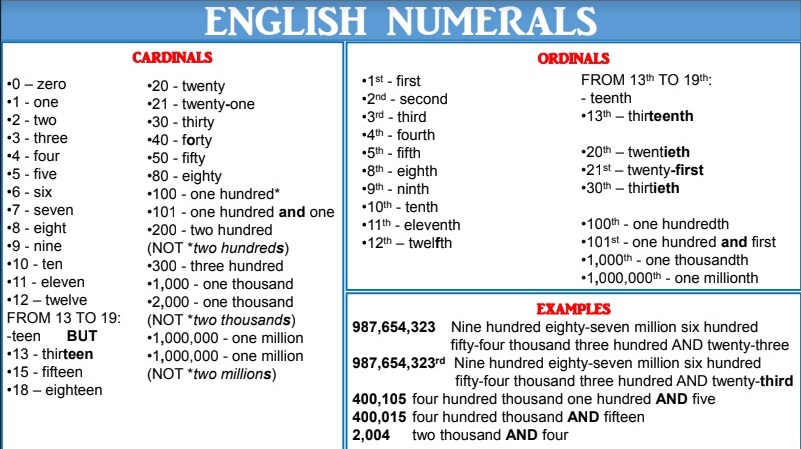
There are many ways to answer a question in English, but giving short answers – “yes” or “no” – is not accepted, as this is considered neglect. A correctly composed answer consists of a subject and an auxiliary verb:
In open-type questions, the word order is similar, only a question word should be placed at the beginning of the sentence (what – what? who – who? where – where?, etc.). In this case, the structure of the sentence will be as follows: interrogative word + auxiliary (modal) verb + subject + predicate.
Did you like the article? Share it with
friends
Select your city
Moscow
- Belomorskaya
- Kuzminki
- Kuntsevo
- New Cheryomushki
- Paveletskaya
- Prague
- Prokshino
- Solntsevo
- Khovrino
Moscow
region
- Balashikha
- Zhukovsky
- Lytkarino
- Lyubertsy
- Podolsk
- Pushkino
- Ramenskoe
- Gangway
Vladimirskaya
area
- Alexandrov
Site search
Site search
Register
for courses
Name
Phone number *
By clicking on the “Send request” button, I consent to the processing of personal data and agree to the privacy policy
Enroll
for the trial exam
Introduce youreself *
Contact phone number *
Select which exam you are interested in *
Choose which exam you are interested in *YLE StartersYLE MoversYLE FlyersA2 KEY (KET)B1 Preliminary (PET)B2 First (FCE)С1 Advanced (CAE)С2 Proficiency (CPE)Comment
By clicking on the “Submit request” button, I consent to the processing of personal data and
I agree with the privacy policy
Leave your number
and we will call you back at a convenient time for you
Introduce youreself *
Contact phone number *
Time
10:0011:0012:0013:0014:0015:0016:0017:0018:0019:00
Time
10:0011:0012:0013:0014:0015:0016:0017:0018:0019:00
By clicking on the “Call me back” button, I consent to the processing of personal data and agree to the privacy policy
Thank you, your application has been sent
Our manager will contact you shortly.

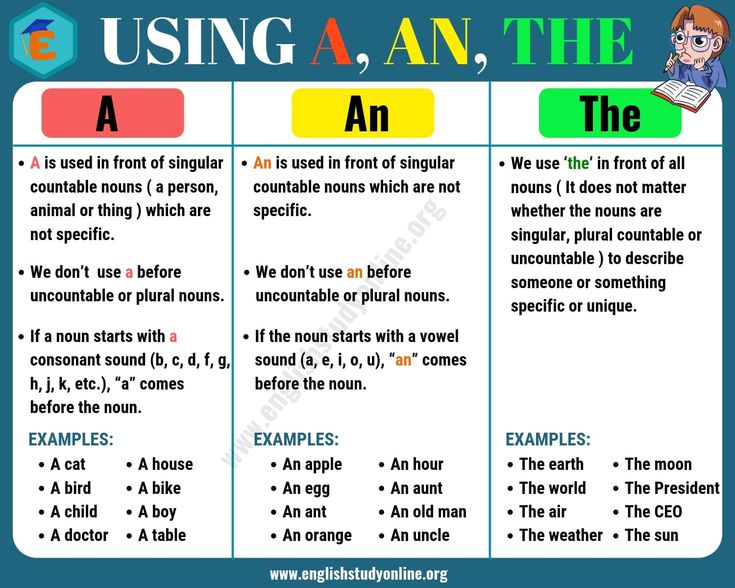 Reykjavík, Orðabók Háskólans. (Available on Málið.is under the “Eldra mál” tab.)
Reykjavík, Orðabók Háskólans. (Available on Málið.is under the “Eldra mál” tab.)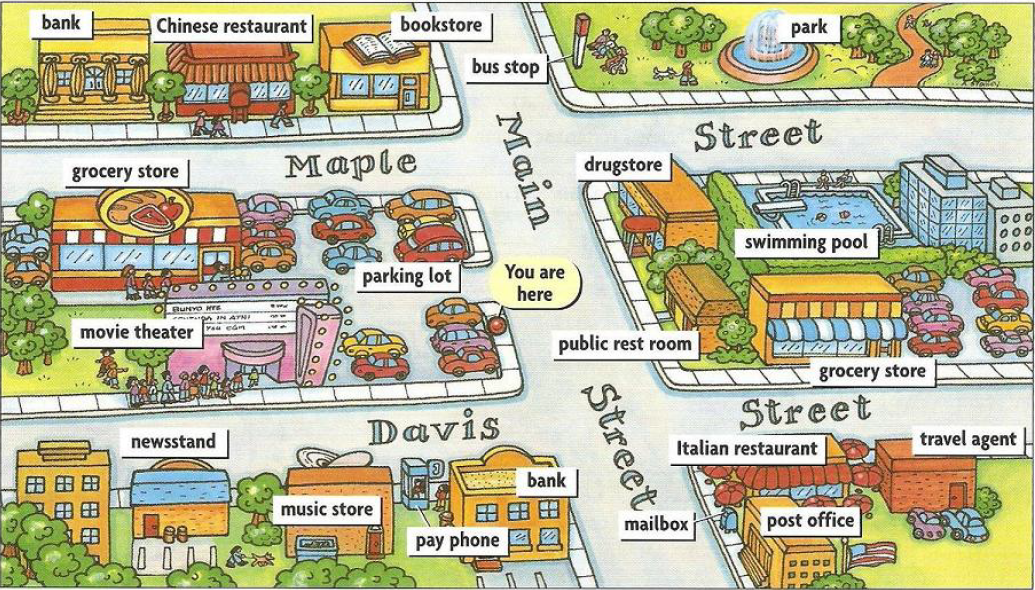
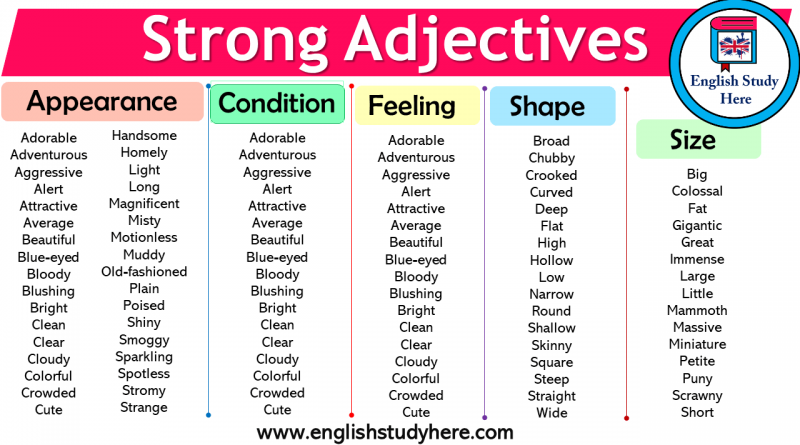 Zoëga (1910) A Concise Dictionary of Old Icelandic, Oxford: Clarendon Press
Zoëga (1910) A Concise Dictionary of Old Icelandic, Oxford: Clarendon Press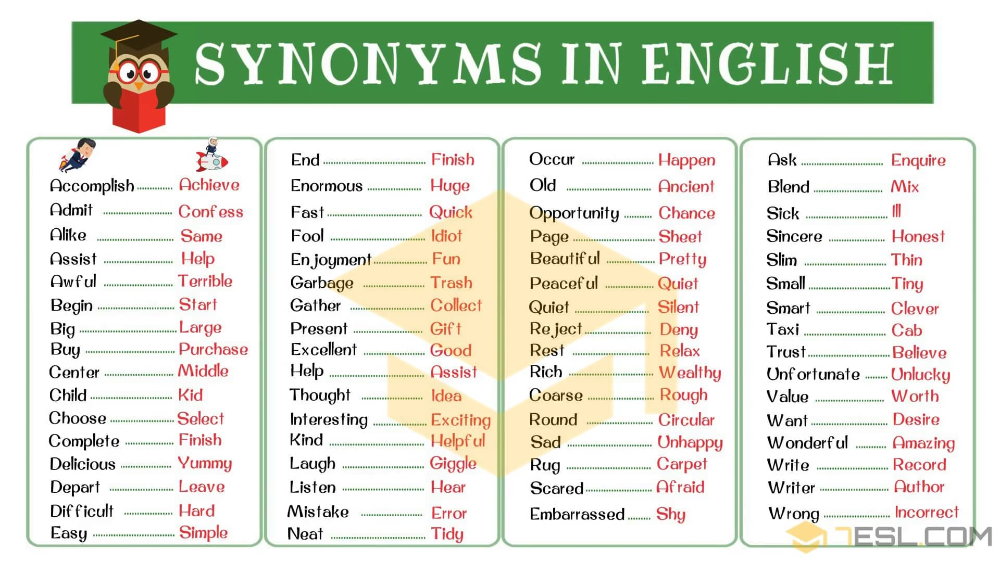 Zoëga (1910) A Concise Dictionary of Old Icelandic, Oxford: Clarendon Press
Zoëga (1910) A Concise Dictionary of Old Icelandic, Oxford: Clarendon Press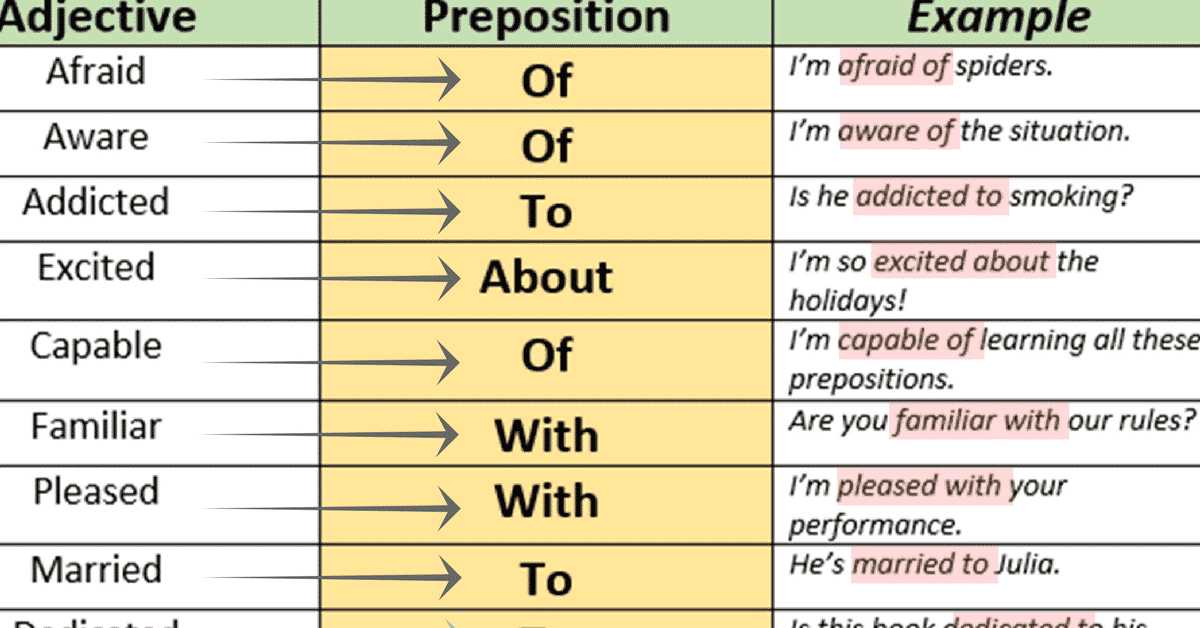 17 No.2, Royal Society of Antiquaries of Ireland, page 129
17 No.2, Royal Society of Antiquaries of Ireland, page 129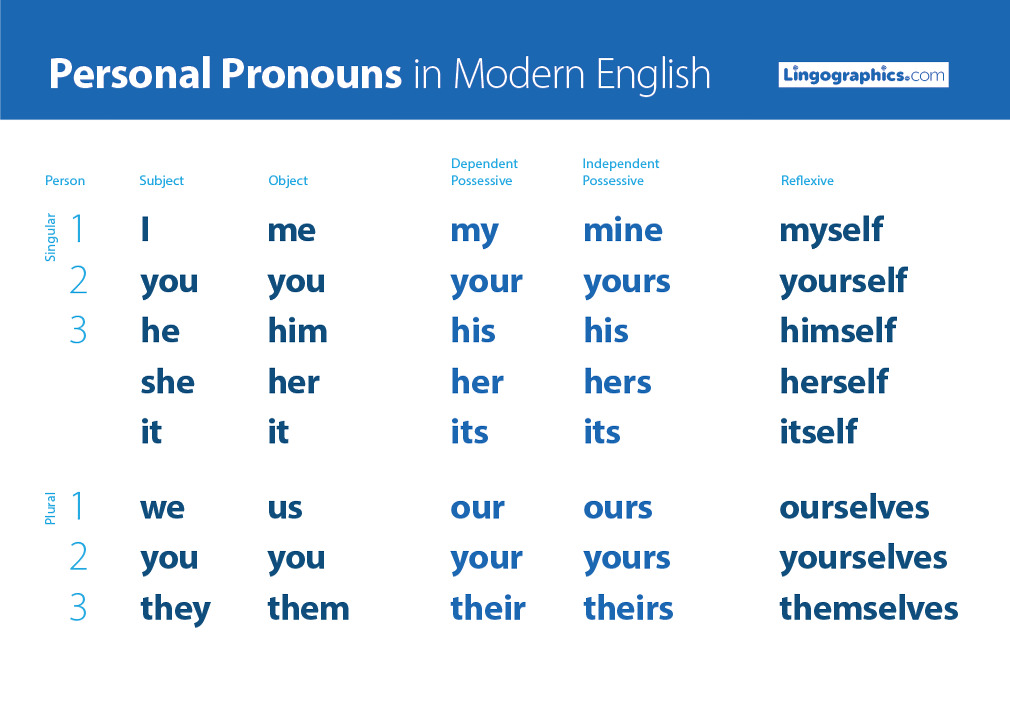 copyright1}}
copyright1}}
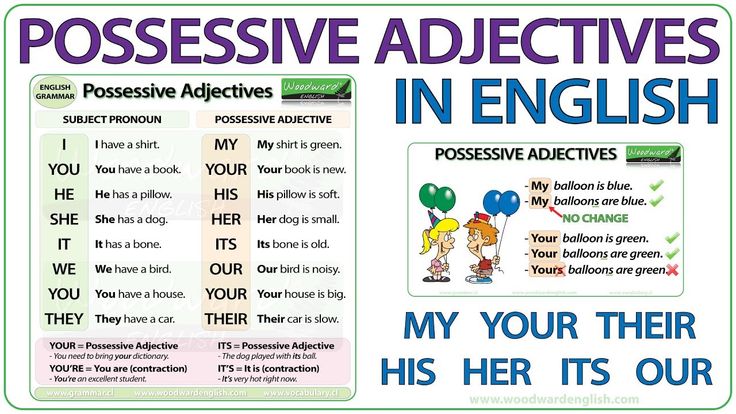
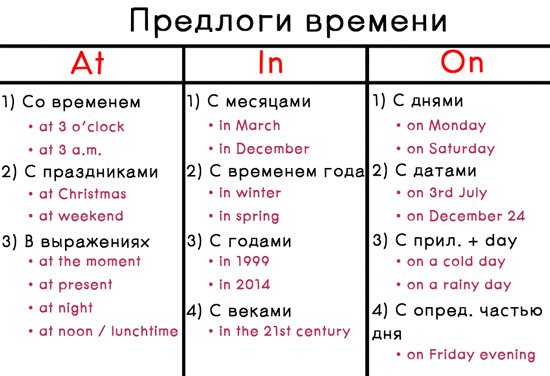
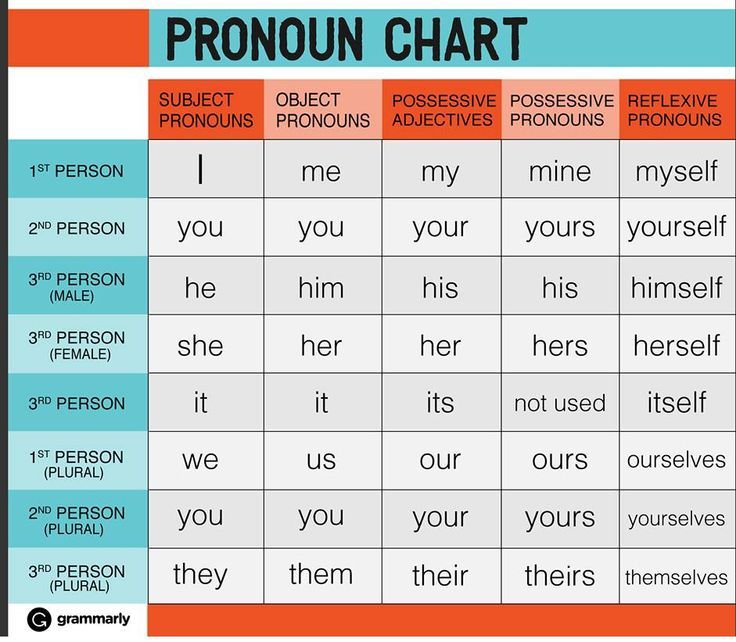 Emma said that rarely talks to friends online.
Emma said that rarely talks to friends online. 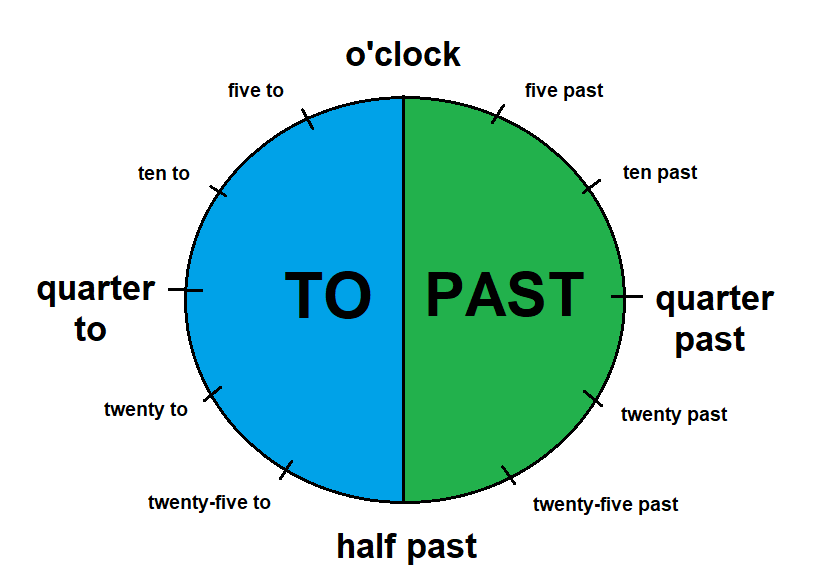 ” Emma said, “We talked to for two hours.”
” Emma said, “We talked to for two hours.” 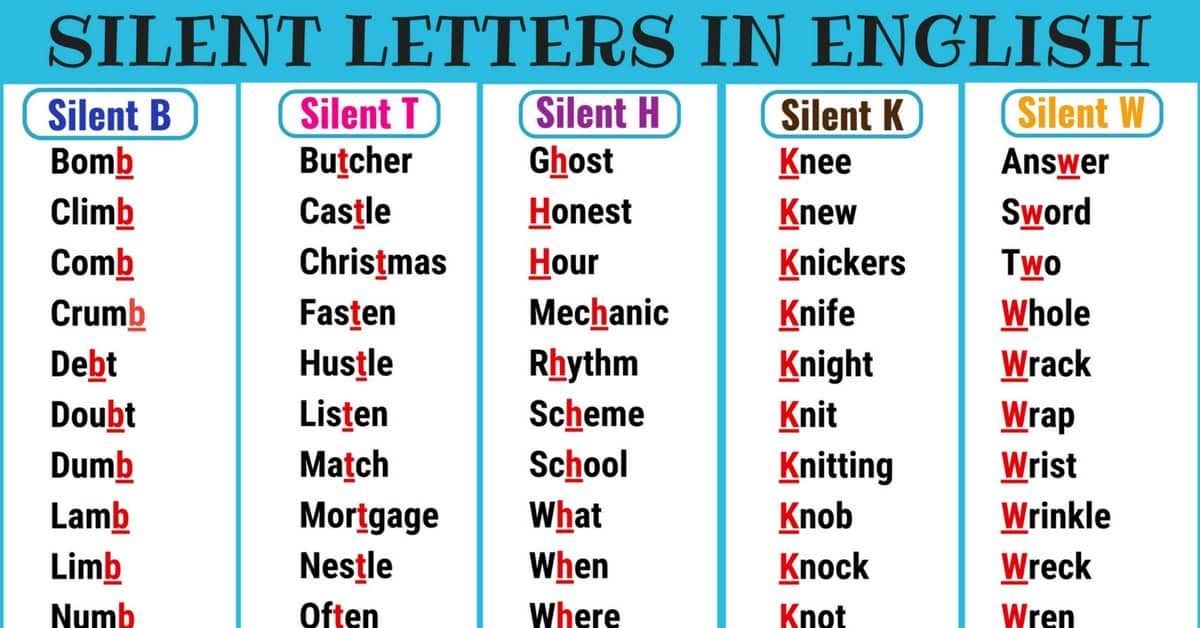 m. Emma said that she was writing a letter to at 5 pm.
m. Emma said that she was writing a letter to at 5 pm. 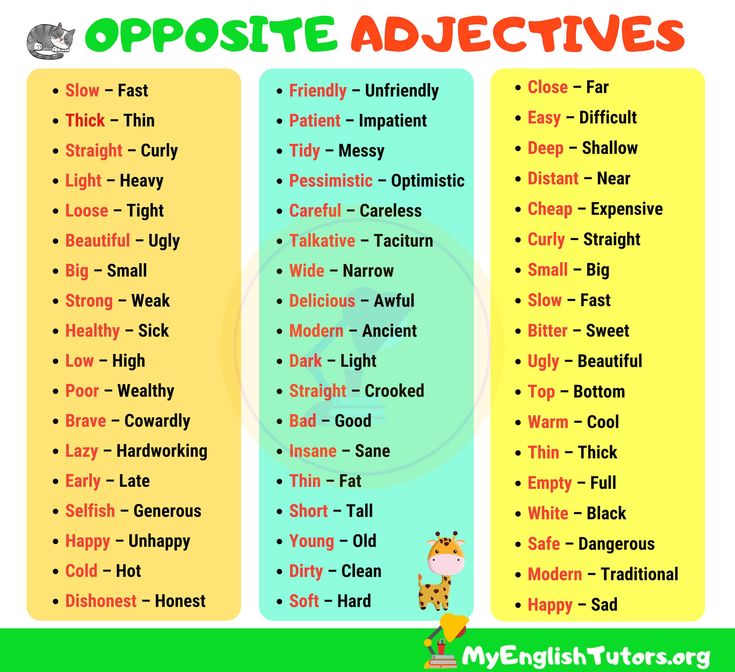 Emma said that by 6 o’clock they had been talking for an hour.
Emma said that by 6 o’clock they had been talking for an hour.  ”
” 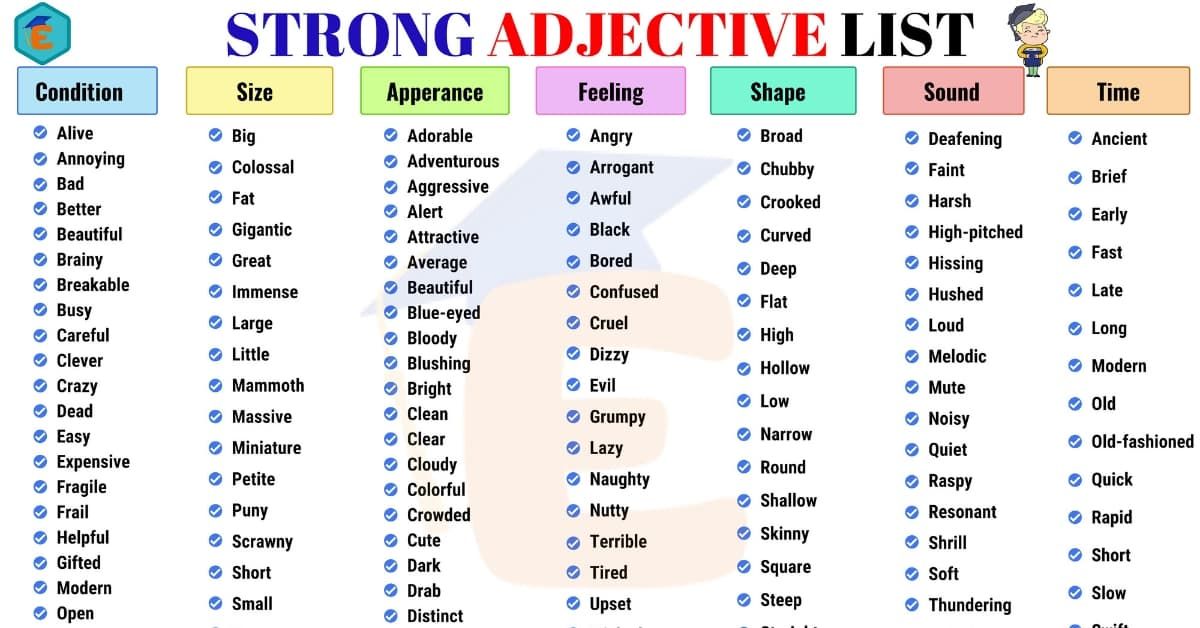 ” She said, “I have been watching the movie since I arrived.”
” She said, “I have been watching the movie since I arrived.” 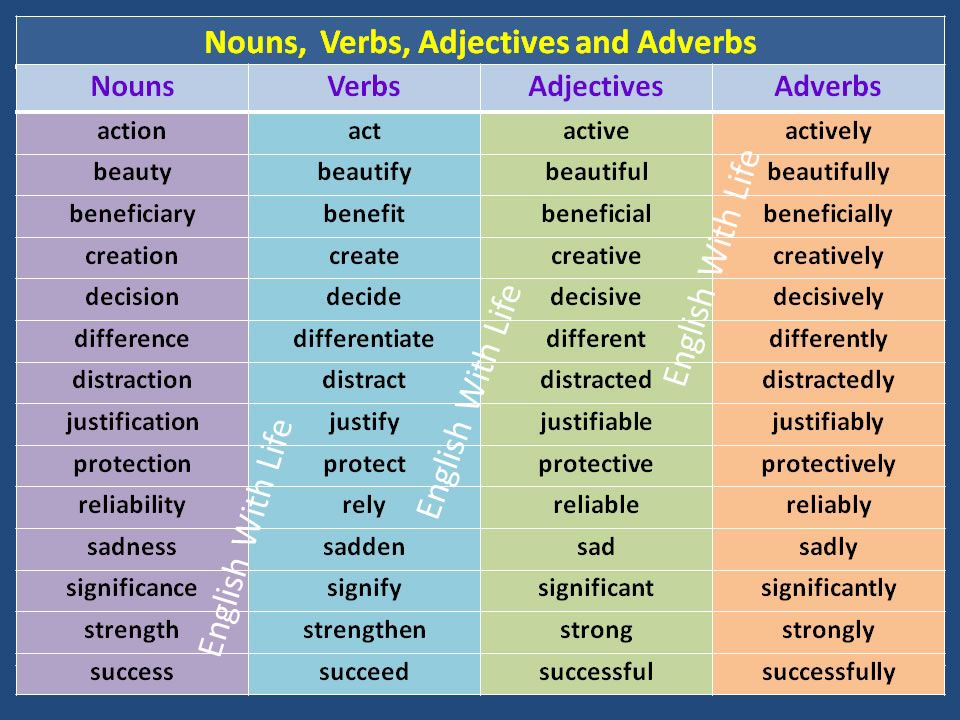 She should have been fired if anyone saw that she was dating her student.
She should have been fired if anyone saw that she was dating her student. 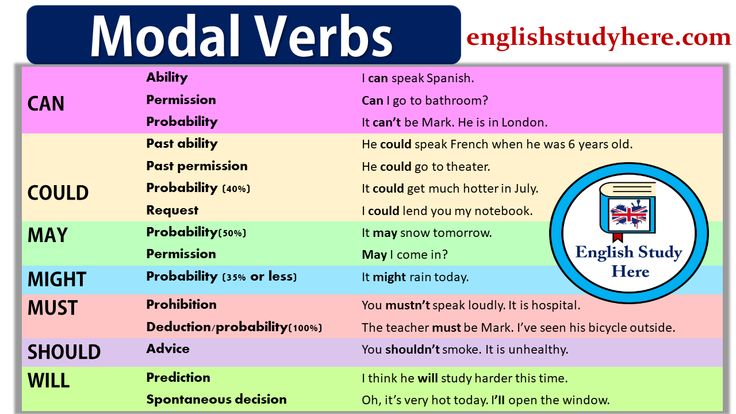 — The teacher told him that he should be more careful.
— The teacher told him that he should be more careful. 
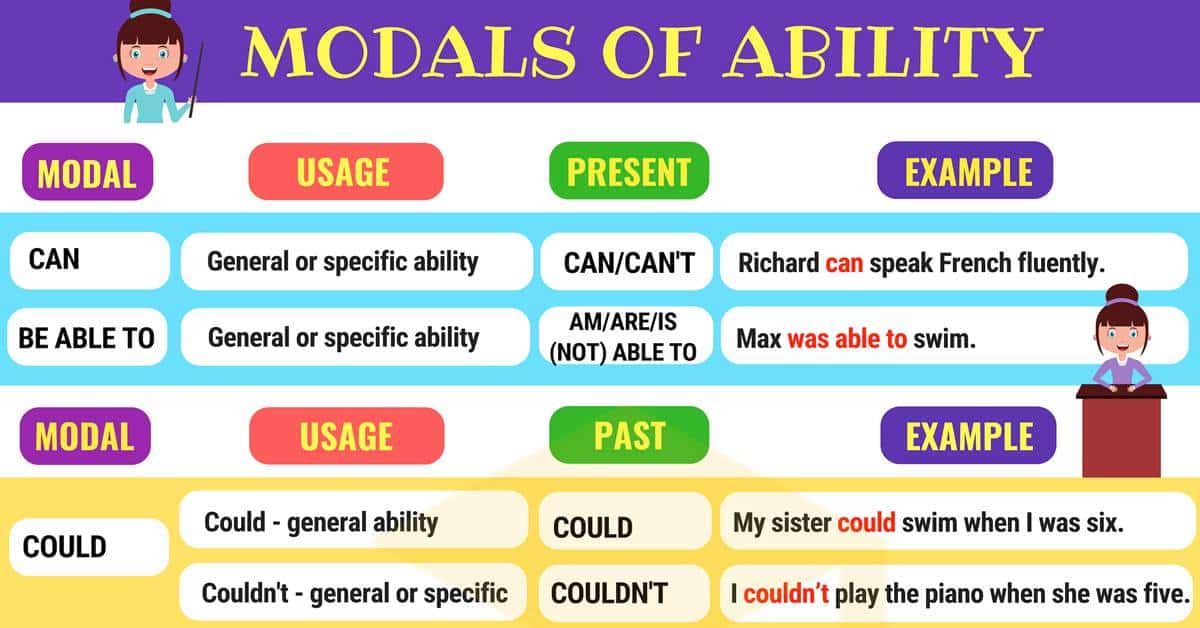 John said that could help with my homework.
John said that could help with my homework. 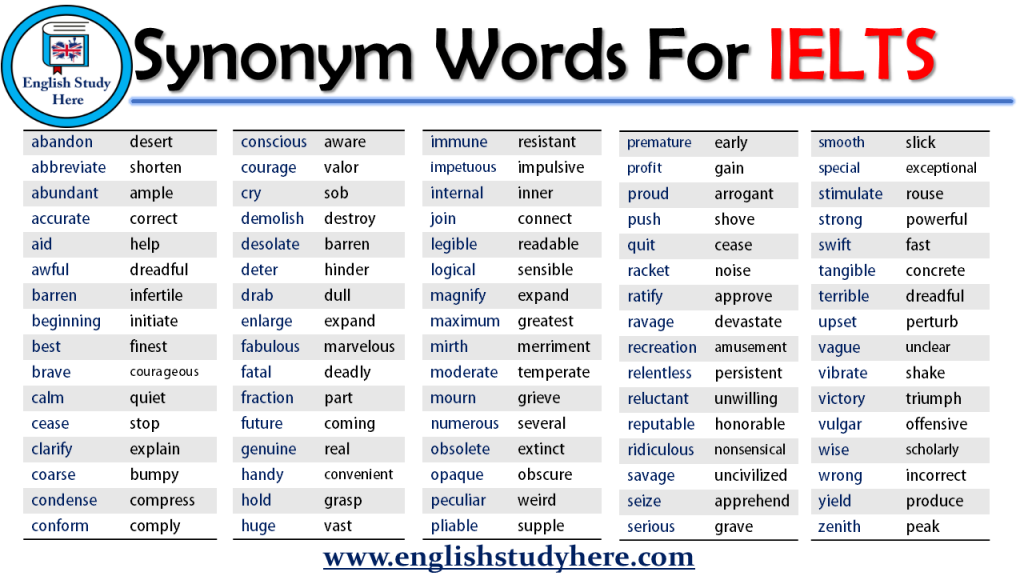 ” – My mother told me: “ Turn on the light .”
” – My mother told me: “ Turn on the light .” 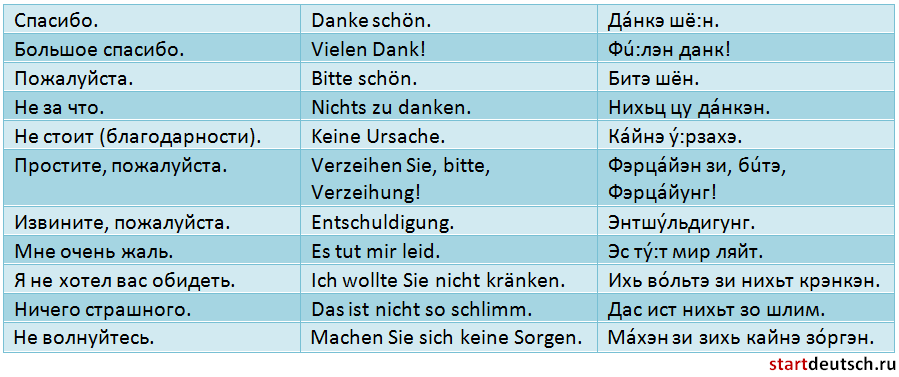 — She told me not to open the door.
— She told me not to open the door. 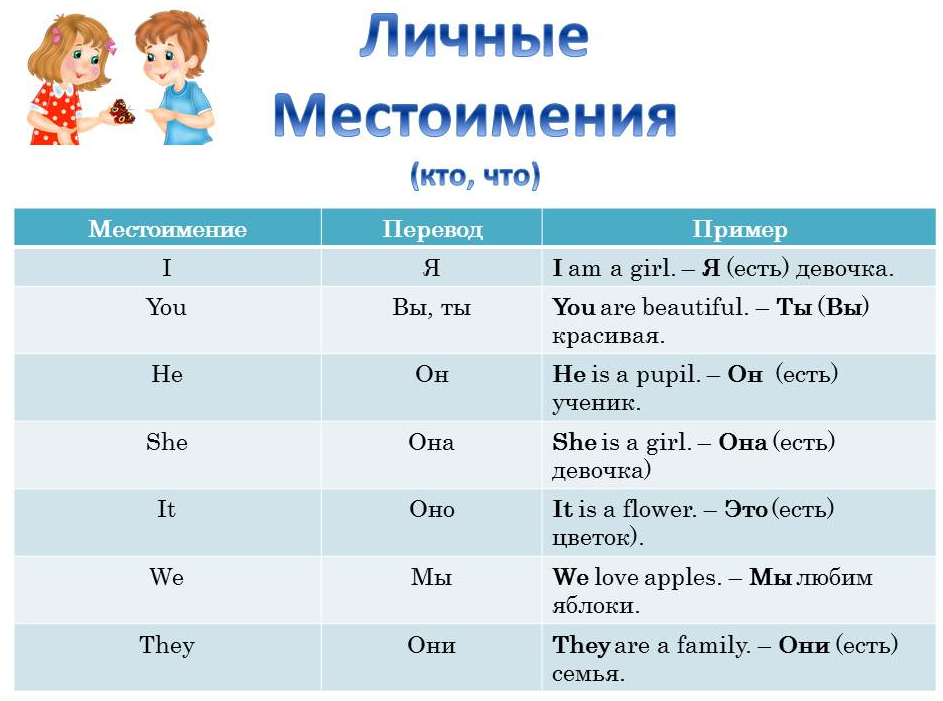 — She invited to go there together.
— She invited to go there together. 
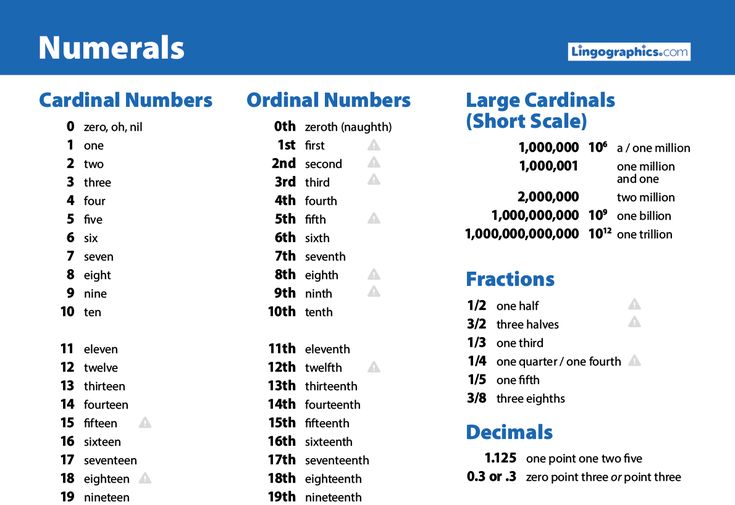
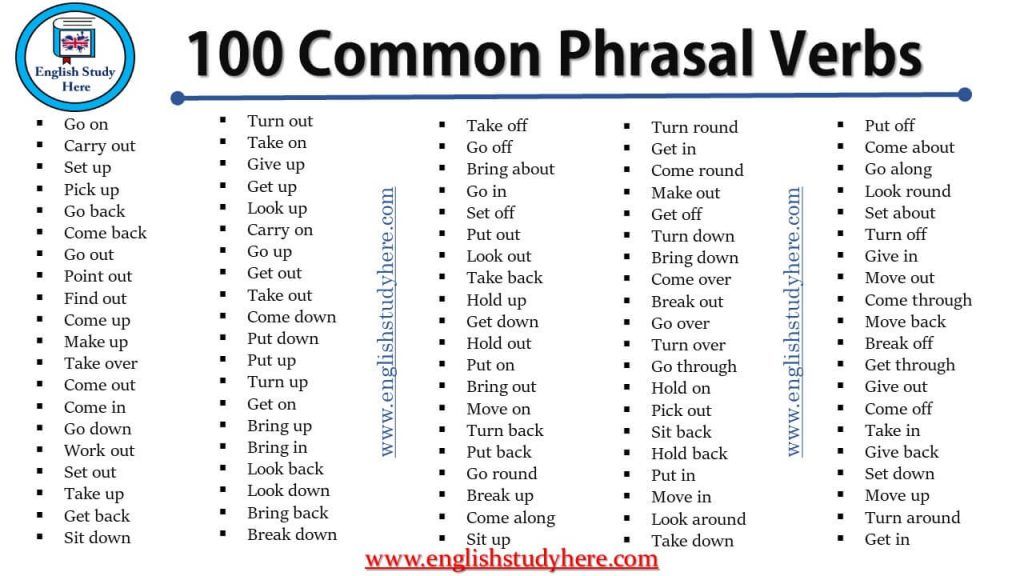 — The helicopter has landed.
— The helicopter has landed. 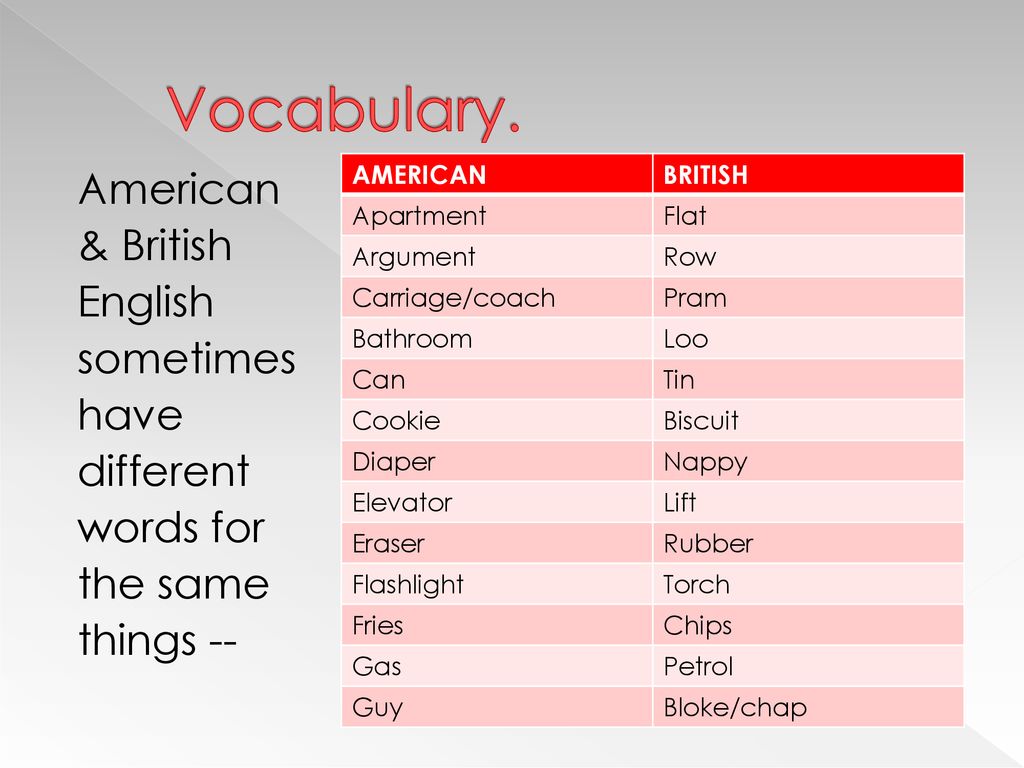 — I see (what?) a big truck near the house.
— I see (what?) a big truck near the house.  Mark was a village teacher.
Mark was a village teacher. 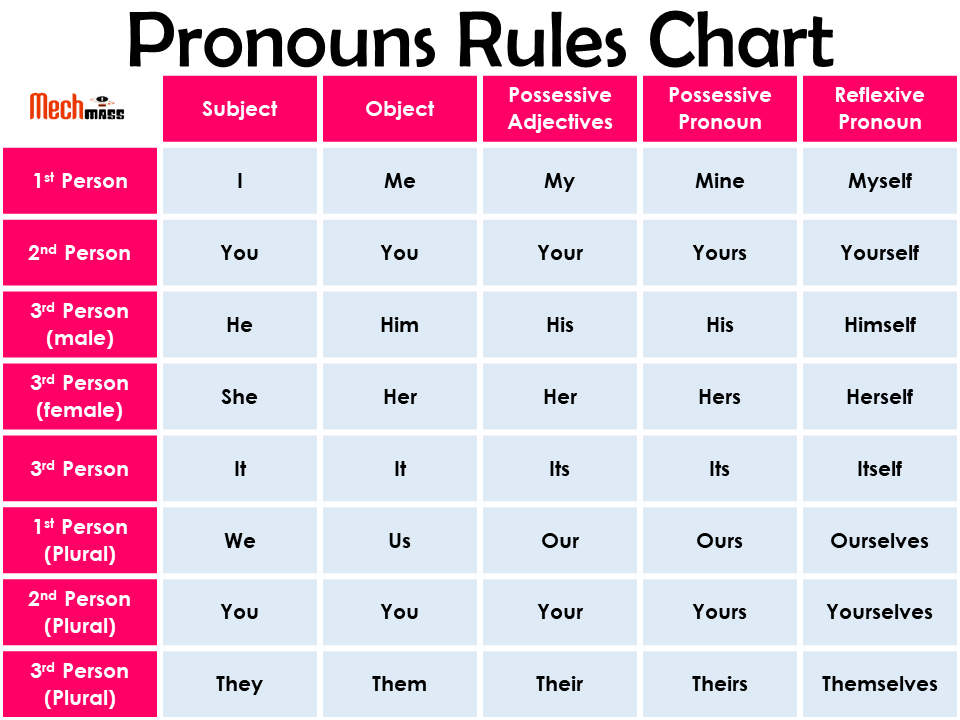
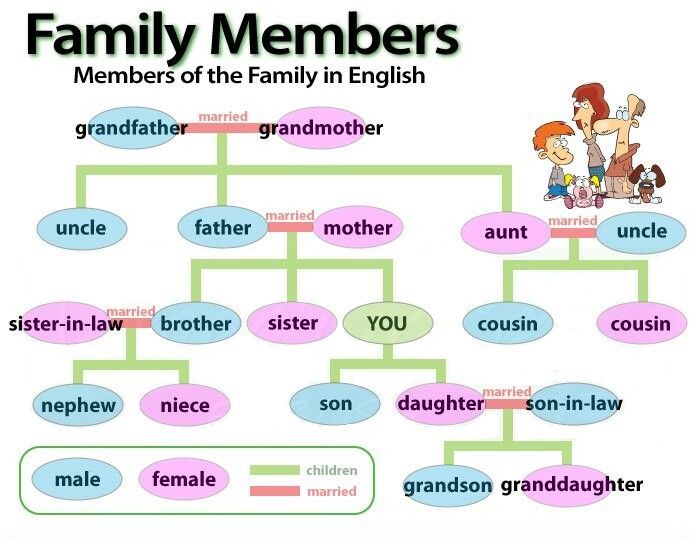
 — Last month I studied Chinese characters.
— Last month I studied Chinese characters. 